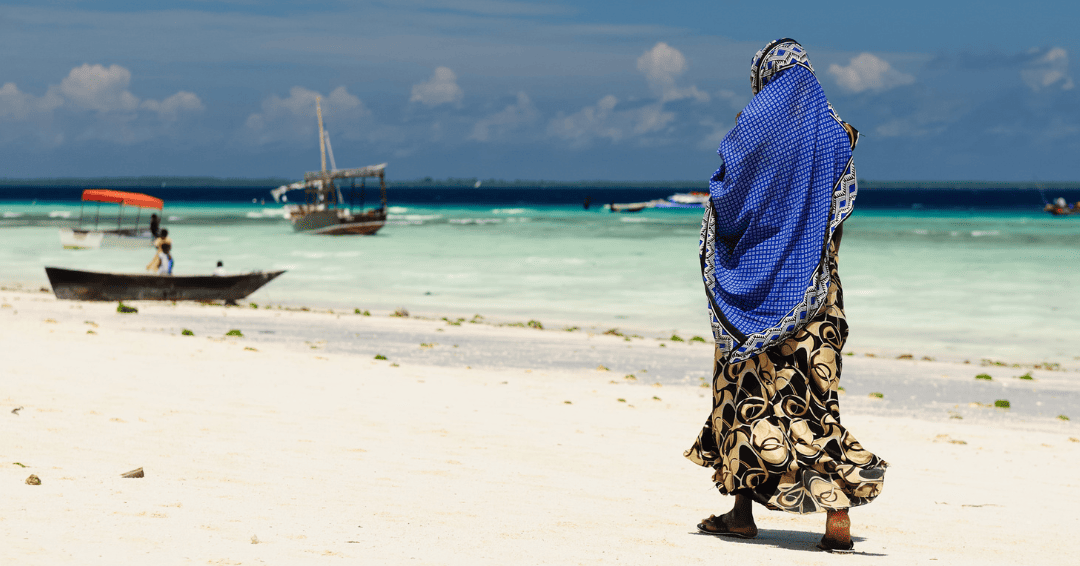Project title: Sustaining coral reef restoration outcomes in the Western Indian Ocean through multi-level governance engagement (WIO CRR)
Project lead: Dr. Arthur Tuda
Co-applicants: Prof. Peter Harrison, Prof. Gildas Todinanahary, Dr. Juliet Karisa, Yvonne Waweru, Dr. Vera Horigue
Countries involved: Tanzania, Australia, Madagascar, Kenya
Takes place: Madagascar and Kenya
Supporting institutions: Western Indian Ocean Marine Science Association (WIOMSA), Southern Cross University, University of Toliara Fishery and Marine Science Institute, Kenya Marine and Fisheries Research Institute, Macquarie University
Total budget: USD $995,96
Duration: 36 months
Project overview
In the Western Indian Ocean, coral reefs are essential for sustaining coastal livelihoods, particularly through fisheries and tourism. Yet these reefs are in critical decline, leaving the communities and economies that depend on them increasingly vulnerable to climate-driven collapse.
While interest in coral restoration is growing across the region, research and capacity development remain limited. Most current efforts rely on low-tech, asexual coral gardening methods — approaches that are labor-intensive, costly, and difficult to scale. In Madagascar and Kenya, several promising community-based initiatives have emerged, but they operate largely in isolation: disconnected from national policies and lacking the scientific and technological foundations needed to deliver large-scale, lasting impact.
This project seeks to bridge these gaps. It will strengthen the technical, scientific, and governance capacity of stakeholders across the Western Indian Ocean to implement innovative, scalable, and ecologically sound restoration methods. It will also establish a regional governance framework to guide the responsible use of restoration, support ongoing capacity building, and ensure the long-term monitoring and success of restored reefs.
By pairing cutting-edge restoration technologies with strong governance and policy integration, this project will foster regional collaboration, secure institutional support, and deliver restoration efforts that are scientifically robust, locally adapted, and aligned with policy priorities.
Specific objectives
- Train researchers, government staff, and conservation practitioners from the Western Indian Ocean region in new coral larval restoration techniques.
- Develop a regional governance framework for coral restoration
How the objectives will be met
• Coral larval restoration techniques and capacity building:
- Field test of different coral larval restoration techniques both in Madagascar and Kenya, including: LarvalBox systems, symbiont culture for larval enrichment, and Autonomous Reef Monitoring Structures (ARMS).
- Train the local partners in coral larval restoration techniques through online introductory sessions and hands-on field trials.
• Reef areas monitoring: a two-year monitoring program will track coral settlement success, coral larval dispersal and settlement patterns, biodiversity recruitment on ARMS, and long-term resilience of symbiont-enriched versus control recruits. Environmental factors (including temperature, turbidity, pH, and salinity) will also be monitored using loggers and field sensors. The local partners will be trained and actively participate in the monitoring activities.
• Learning outcomes: the project will implement pre- and post-training evaluations, structured competency assessments, and participatory feedback mechanisms to measure changes in knowledge, technical skills, and practical application of restoration techniques.
• Regional governance framework:
- Develop a cost-effectiveness framework assessment to support future large-scale deployment of the methods tested.
- Conduct governance analysis in Kenya and Madagascar to map and evaluate policy effectiveness, financial flows, and institutional coordination using the Ocean Governance Accounting framework.
- Produce evidence-based recommendations for scaling up coral restoration in the Western Indian Ocean.
- Develop a regional roadmap for coral restoration, identifying financial pathways such as Blue Economy funding, public-private partnerships, and donor investments.
- Present policy recommendations at a regional platform (e.g., Nairobi Convention Science-to-Policy Forum) as well as national and international conferences.
Impact of the project
This project is expected to:
- Train at least 30 people in coral larval restoration and propagation techniques.
- Restore and monitor >300 square meters per year in Madagascar and Kenya.
- Four peer-reviewed publications.
- Support the establishment of the Kenyan Coral Restoration Network.
- Deliver a regional governance framework for coral restoration in the Western Indian Ocean, integrating the use of larvae restoration techniques, governance research and lessons from the capacity building initiatives.
Major highlights
- This project intends to increase the survival of 1-year-old coral recruits from <1 recruit/adult/m² to at least 5-8 juveniles/m².
- A two-year coral reef monitoring program
- Integrates science, governance and policy
- Evidence-based recommendations for scaling up coral restoration in the Western Indian Ocean

